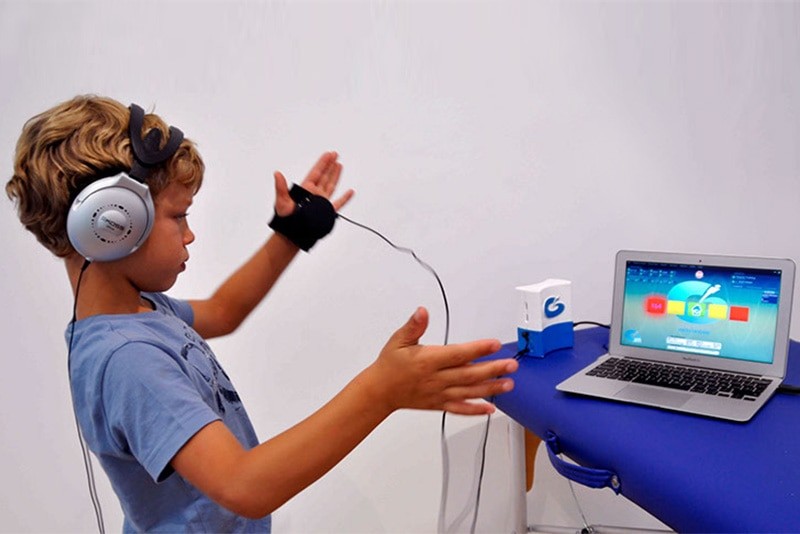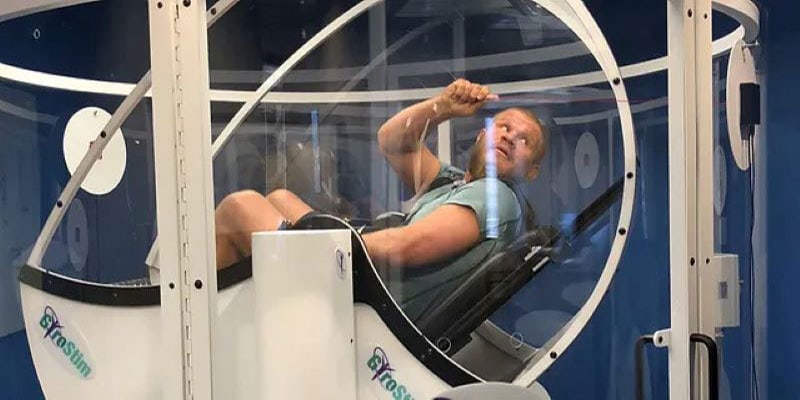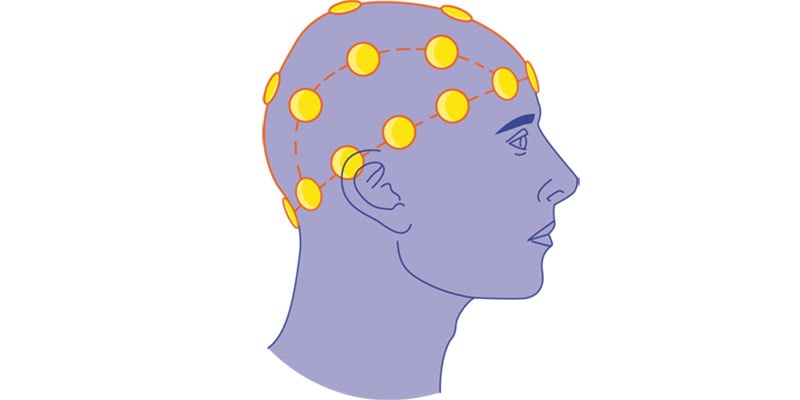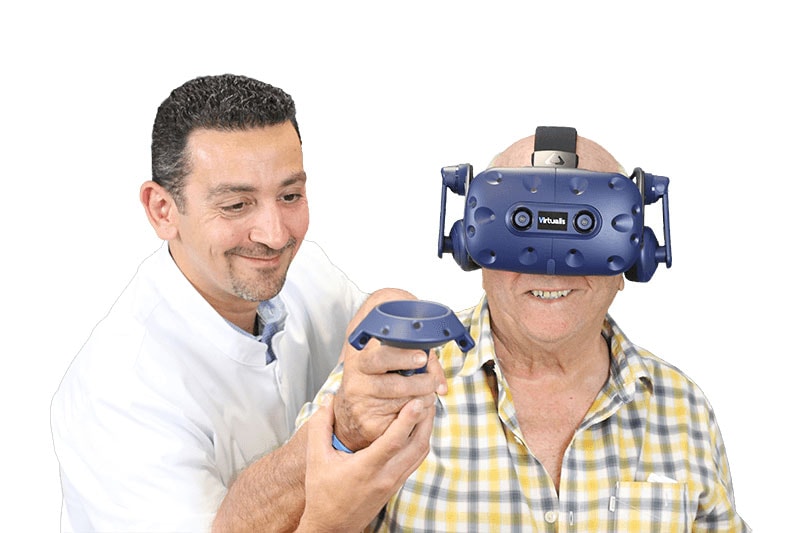The practice of functional neurology has an exciting new tool to use in the diagnoses and treatment of brain disorders: Interactive Metronome. Whether you are seeking to improve your performance in athletics or academics, or if you are suffering from a condition that has limited you motor skills, you may be interested in IM.
What is Interactive Metronome?
Interactive Metronome, or “IM” is way of measuring and improving Neurotiming: the synchronization of neural impulses in in brain networks. IM works within your brain to analyze key connections that govern cognitive, communicative, sensory and motor performance. Once IM has gathered this data, it activates a trigger, which produces a steady, auditory beat for you to hear. This beat and the IM tool provide auditory and visual feedback for perfect timing down to the millisecond.
IM is a tool used under the supervision of trained personnel and requires special software and hardware. In the training, individuals seek to “hit” a target on a screen exactly in sync with the beat provided to them. Knowing whether he or she is hitting before, after, or exactly in sync with the beat, down to the millisecond, allows the person to make immediate corrections to improve their timing and rhythm.
Why Is Timing Important?
Peer-reviewed research has repeatedly confirmed that our brains have an “internal clock” that takes charge of temporal processing, or the way we perceive time and surroundings. When his internal clock is working efficiently our brains’ networks are better connected and work more effectively.
As humans, we rely on our brains to keep perfect time. We need good timing for everything from walking without falling, speaking without stuttering or being able to read or play a sport. Our brains’ timing is essential for a whole range of cognitive and motor functions and affects our ability to think and move. This means that elite athletes have impeccable timing. So do actors, scientists and doctors. Our brains must function with precision down to the millisecond to achieve great things. Neurotiming is one of the most critical factors in human performance.
Research suggests that IM training to improve the synchronization of our neural networks and our “internal brain clocks” increases how well our parietal and frontal lobes communicate. Since the parietal-frontal brain network controls general intellectual functioning, working memory, controlled attention and executive functions, improvements in this area can greatly enhance quality of life.
What is the “IM Effect” and What Does it Mean for Patients?
The “IM Effect” is the name we give for the results that patients see after treatment with Interactive Metronome. These results are due to the improved resolution and efficiency of the individual’s internal brain clock and temporal processing.
Studies indicate that the IM Effect is likely due to the increased synchronization between the structures of the human functional brain networks that are responsible for cognitive and motor demands.
The range of improvements seen by patients as part of IM training include:
– Increased attention and focus
– Better working memory
– Increased ability with expressive and receptive language
– Better reading comprehension, rate and fluency
– Increased athletic performance
– Better control of upper extremity function
– Increased scores in mathematics.
Who Would Benefit from IM Training and Interactive Metronome?
A wide range of individuals may benefit from IM training. These people are looking to overcome an impairment or may be just looking to increase grades and test scores. IM training is appropriate for both children and adults. IM training may be successful for:
– People suffering from ADHD
– Clients managing Autism Spectrum Disorder
– People managing a Sensory Processing Disorder
– Students with learning disabilities
– Children demonstrating developmental delays
– Patients with Cerebral Palsy
– People with Auditory Processing Disorders
– Victims of brain injuries or concussions
– Survivors of a stroke
– Patients with Parkinson’s
– Amputees
– People suffering from Alzheimer’s or Dementia
We encourage you to visit us at NorCal Brain center to learn more about IM training and what the process can do for you!



